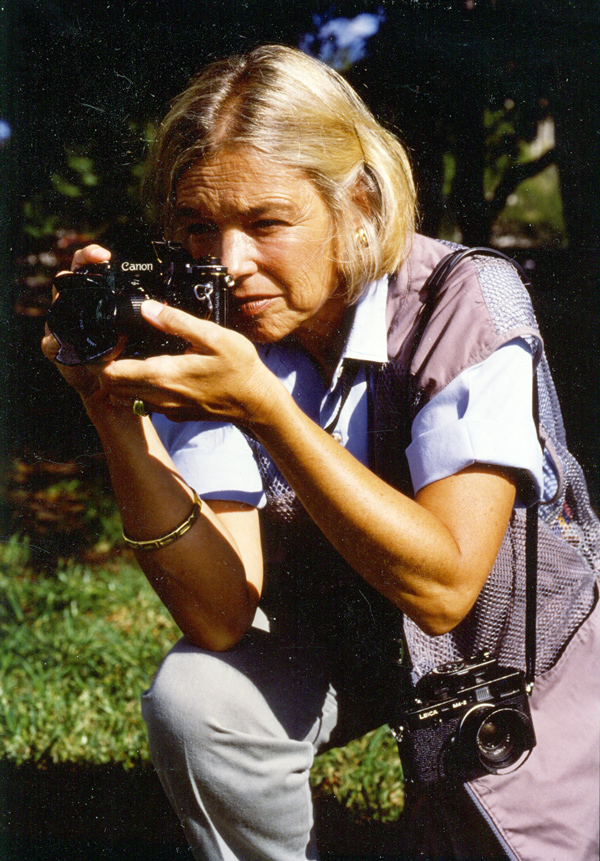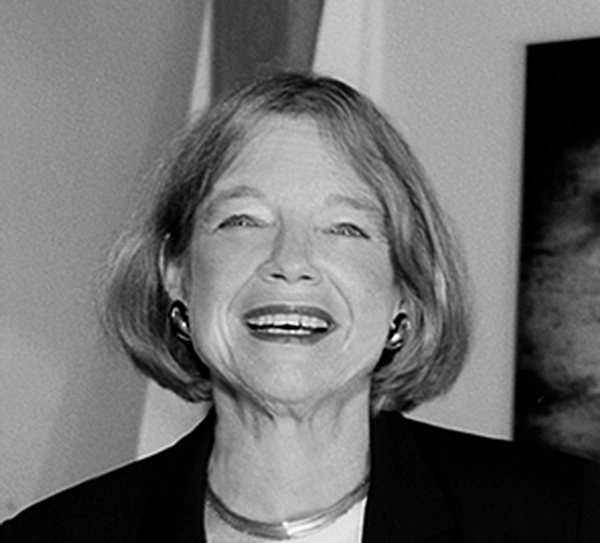Wendy Watriss is an award-winning photographer, journalist, curator and co-founder and artistic director of Houston’s FotoFest. In the wake of a season of climate disasters unfurling across the Gulf and Caribbean following only a year after FotoFest’s 2016 biennial, Changing Circumstances, with its theme of the anthropocene’s impact upon the planet, ARTILLERY wondered what Watriss’ “hurricane’s eye” view of its physical, cultural and political impact might be—both for the world at large and Houston itself.
How has Houston weathered Hurricane Harvey; and more specifically, how did the FotoFest studios and offices make out during the flooding?
Personally, we fared alright in the Menil neighborhood—which is just slightly higher than the rest of Houston. Downtown is still digging out. The [Houston] Opera and Symphony and the Alley Theatre were all very badly flooded. Amazingly, the FotoFest offices were fine –nothing hurt, nothing touched. But this is still a city with a lot of resources, including construction and engineering.
Were you always a photographer? Or was this something you picked up in the course of your journalism and freelance reporting?
I began as a newspaper reporter. I didn’t want to write for women’s pages, so I went to Florida where I worked at the St. Petersburg Times, eventually covering Tallahassee. Then I began getting involved in television. At some point later, I became interested in the impact of visual imagery and studied at night with the photographer, Harold Feinstein. I started to freelance as a writer and photographer. I knew where to look for things.

Wendy and husband Fred, photo by Evin Thayer
Both you and Fred [Watriss’ husband, photographer, journalist and FotoFest co-founder, Frederick Baldwin] were very much at home on international terrain. Around the time of your first meeting with Fred, you’ve said you had no real intention of ever returning to America. We know you eventually did—but what made you want to sink roots in Texas?
We were both interested in reconnecting with our country after the tumultuous years of the 1960s and early 1970s; and I have to say after six or seven years of traveling alone, the idea of having a partner to share this with was very attractive.
Fred had become very familiar with Texas through his contacts there and their wild stories. To me the idea of Texas was more exotic than Romania. Texas had a much richer history than what got into the history books; and we ended up looking at Texas in some depth as three or four cultural frontiers, a microcosm of different cultures and political experience–which turned into a big exhibition at the Rice University’s Institute for the Arts. Houston has made it possible in spite of itself. It’s extremely open, quite generous and not class-bound.
You’ve covered religious conflict in sub-Saharan Africa. Do you think there’s any possibility people can let go of their superstitions and religious biases under less than the threat of immediate loss of life?
No I don’t feel very hopeful about that. Unless you have a certain basis of material security, it’s very hard to break away into some rationalized image of the world. When people become materially secure, when there’s at least more of the illusion of being able to control your own destiny, that erodes religion.
Not that I’m pessimistic—it just takes a very long time. I am worried. It’s important that we have institutions seemingly strong enough to fight against irrational circumstances.

Wendy Waitriss, photog
You’ve talked about beauty creating a sense of concern and wanting to see the Earth on its own terms. We’ve discussed (with Fred) the often startling beauty of bad news. But is it enough to shake people out of a simple fixation on the sensational?
No–I think it has to be repeated over and over again before it can actually make a difference. Unfortunately it’s hard to find the continuous platform for that sort of thing.
Your last comment to me—that “it’s going to go pretty soon in one way or another and other generations won’t be able to see it” seems bleakly resonant. Are we simply testifying for a record that by century’s ends will be mere archaeological artifacts?
The natural world is incredibly resilient and regenerative. So there’s still a lot of opportunity for protecting, for saving, for letting evolution take its nonhuman course. There is the fact that are so many more people fighting for this cause in very unexpected places—and it does seem to be gaining momentum. Technology allows us to get so much information so quickly. We’re at the point of a very delicate balance. But I refuse to allow myself to get pessimistic.


